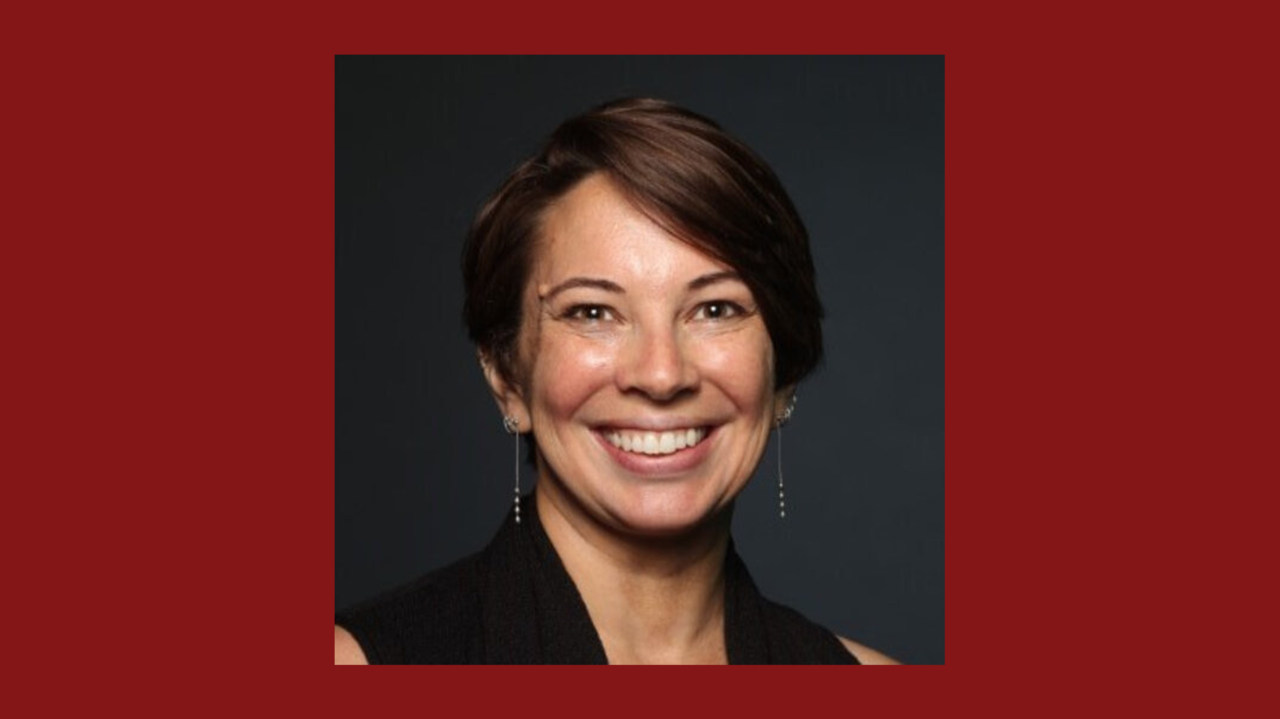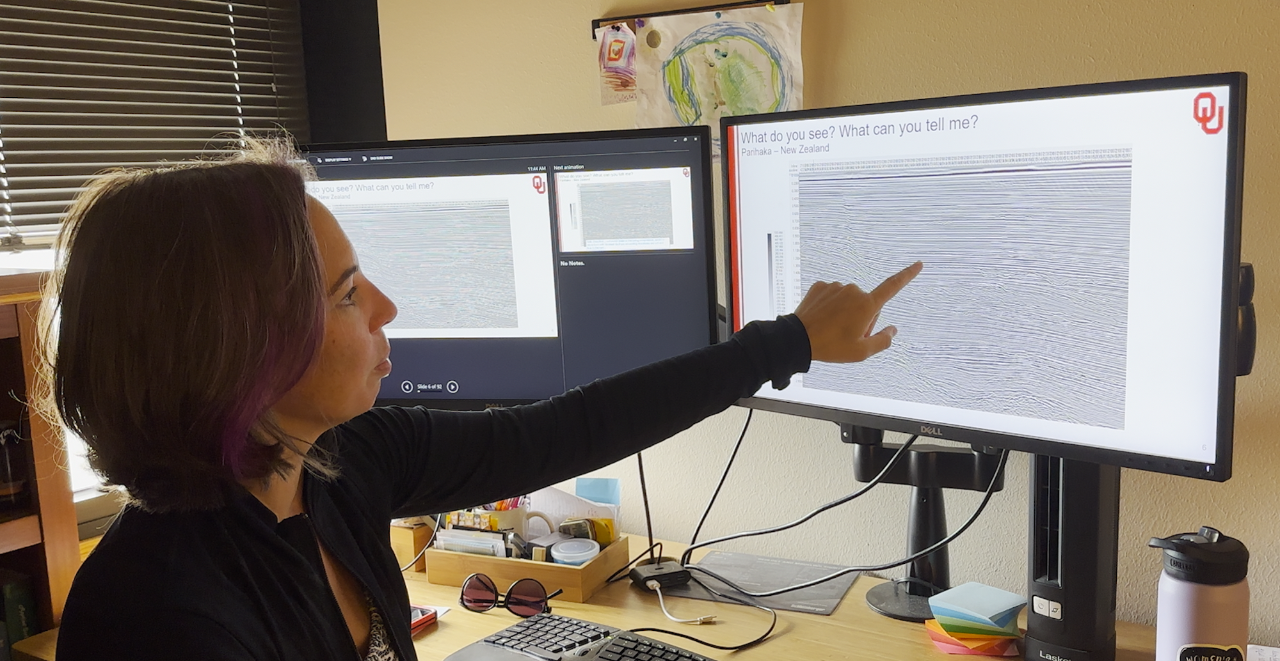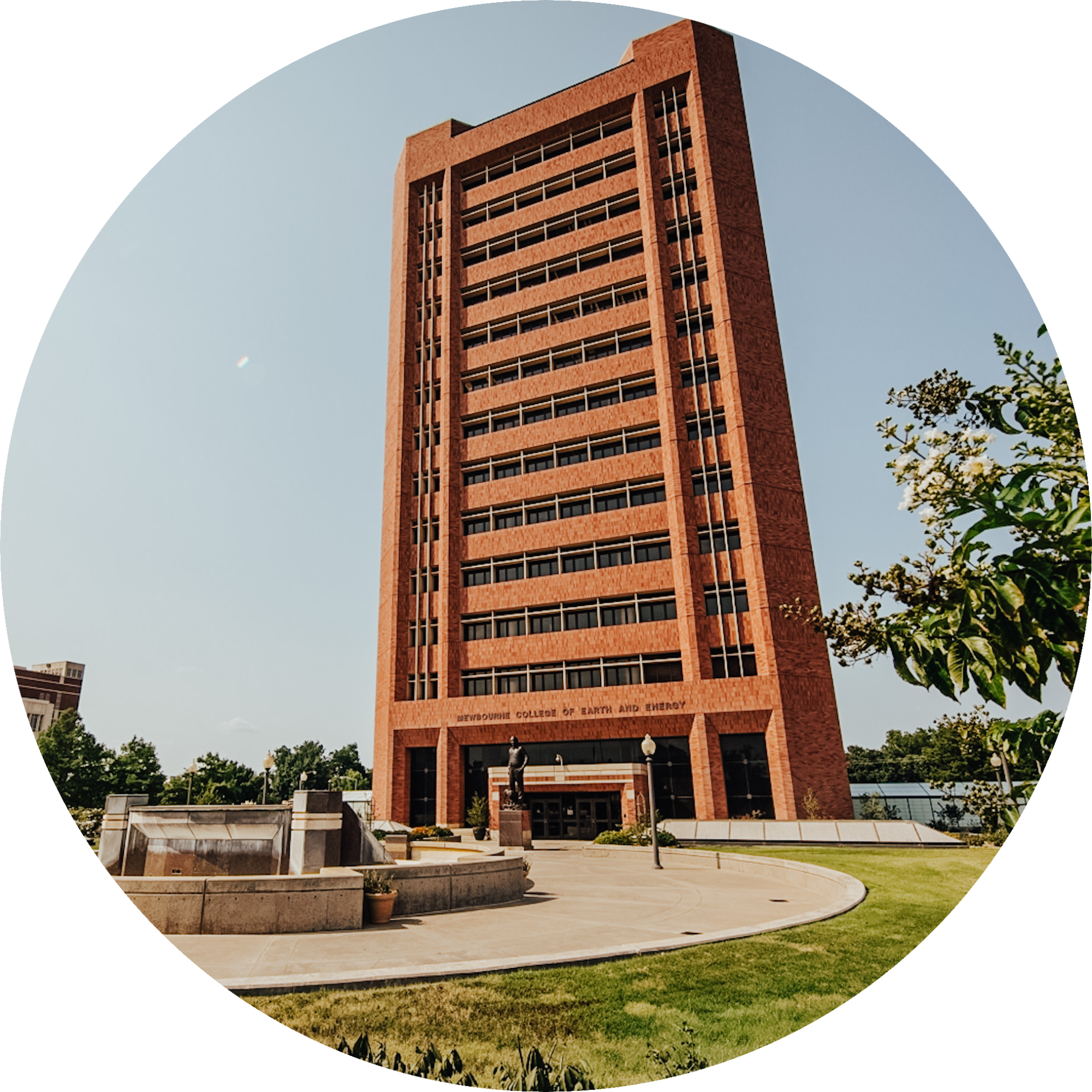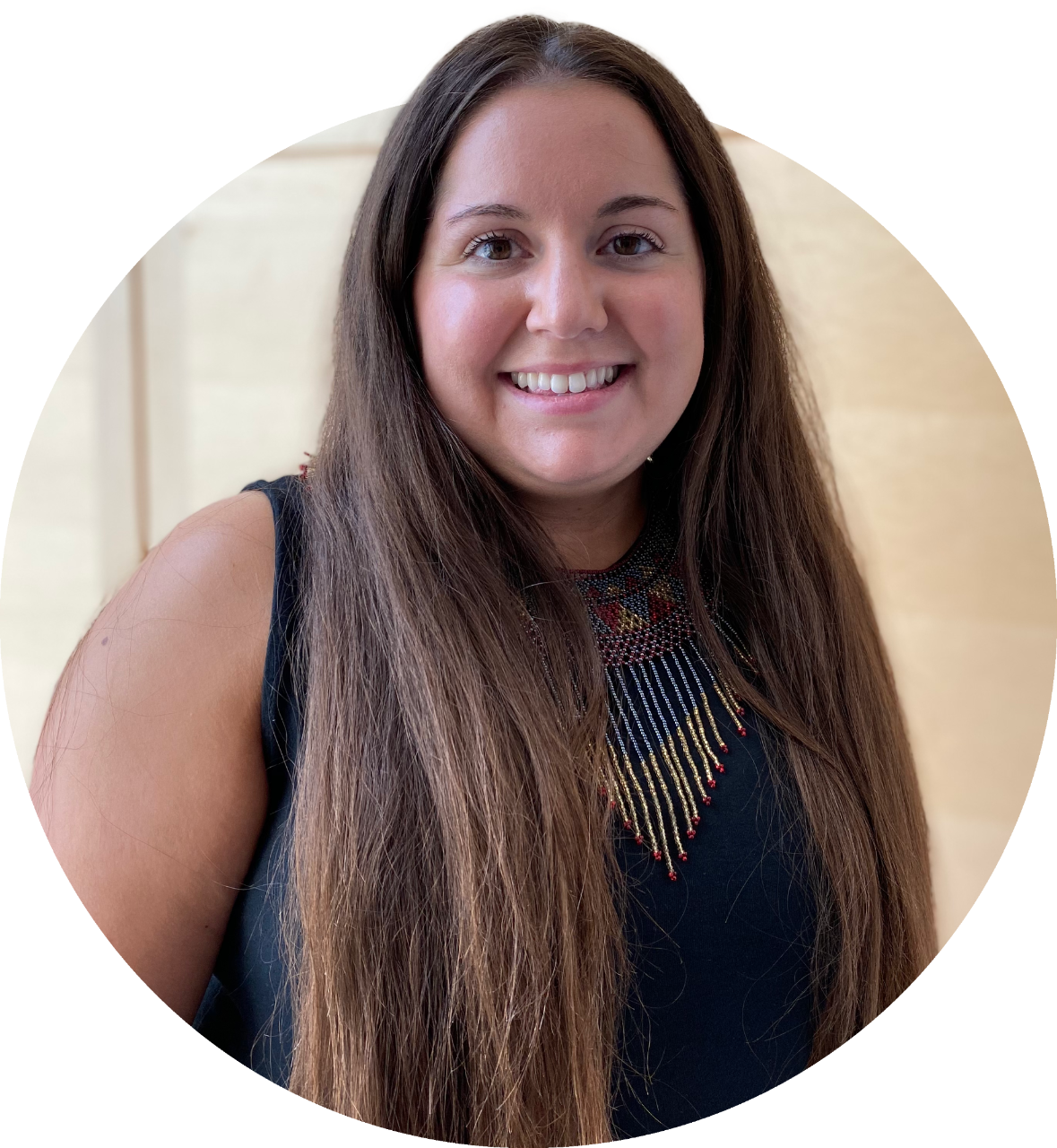
Portrait of Heather Bedle.
JULY 25, 2023 | BY VICTORIA STEPHENS
Books about forensics, minerals, understanding the earth, calculus and computer programming line the walls of Heather Bedle, Ph.D.’s, office in Sarkeys Energy Center at the University of Oklahoma. Bedle didn’t go to school for programming or data science – she is a geologist. However, she taught herself how to code.
Not only has she learned how to code, but Bedle has also learned how to create intricate machine-learning algorithms. These algorithms help companies detect faults hidden in millions of data points collected from millions of dollars worth of fieldwork. This data helps scientists understand what lies beneath the ground.

Bedle is the principal investigator for the Attribute Assisted Seismic Processing and Interpretation Consortium at the University of Oklahoma, founded by professor emeritus Kurt Murfurt. Co-principal investigators include Marcilio Matos, Ph.D., Bo Zhang, Ph.D., and Sumit Verma, Ph.D.
AASPI started almost two decades ago with a simple mission: to create software to analyze the structure and stratigraphy of the subsurface. Through years of experience, the consortium has put together one of the most robust machine-learning algorithms used by industry leaders everywhere.
“My original Ph.D. and master’s work was studying earthquakes in North America to determine the earth’s structure,” Bedle said. “When I got a job in the energy industry, I became an expert in seismic reflection methods. Seismic reflection methods use manmade energy and send energy into the earth. That energy bounces back up and is recorded.”
Seismic reflection data is currently the primary data being utilized in the field. Bedle’s research at AASPI combines seismic interpretation with machine learning, seismic attributes and rock physics.
In the early stages of the consortium, students wanted to use data science techniques and apply them to geophysics. Building upon that research foundation, AASPI now runs 15 machine learning-based algorithms.
“We create software that companies can use to perform higher-level analysis on their reflection seismic data. Our students and researchers create new algorithms to get more geologic information from the data. That is how I think about it,” Bedle said. “It is all about creating and testing these new algorithms and enhancing our data analysis methods.”
Identifying faults and seismic facies is sped up significantly using AASPI’s latest software version. Bedle says she asks the same question many others have asked: “Can we trust artificial intelligence?” The consortium has tweaked existing algorithms to peer back into the machine-learning algorithm to understand its actions.
“That helps us feel like we understand what the algorithm is doing,” Bedle said. “I am interested in how we end up with data biases. For example, if we only train the algorithm on sandstone and shale rocks, then we can never expect it to tell us that we are observing a volcanic rock. Machine learning is only as smart as we make it.”
Students in the Mewbourne College of Earth and Energy can work for the consortium by applying to work with Bedle. Through that mentorship, they can take the data provided and the machine-learning software to conduct their own research projects. Companies interested in learning more about the AASPI software and supporting student research can contact Bedle.

The Mewbourne College of Earth and Energy improves people’s lives through research, education and service by studying Earth’s past and present, developing new energy tools and resources, and creating geoscientists and engineers who work across disciplines to address some of society’s most critical challenges.

Victoria Stephens is the marketing manager at the Mewbourne College of Earth and Energy. For media inquiries, you can email Victoria or call her at 405-325-8981.